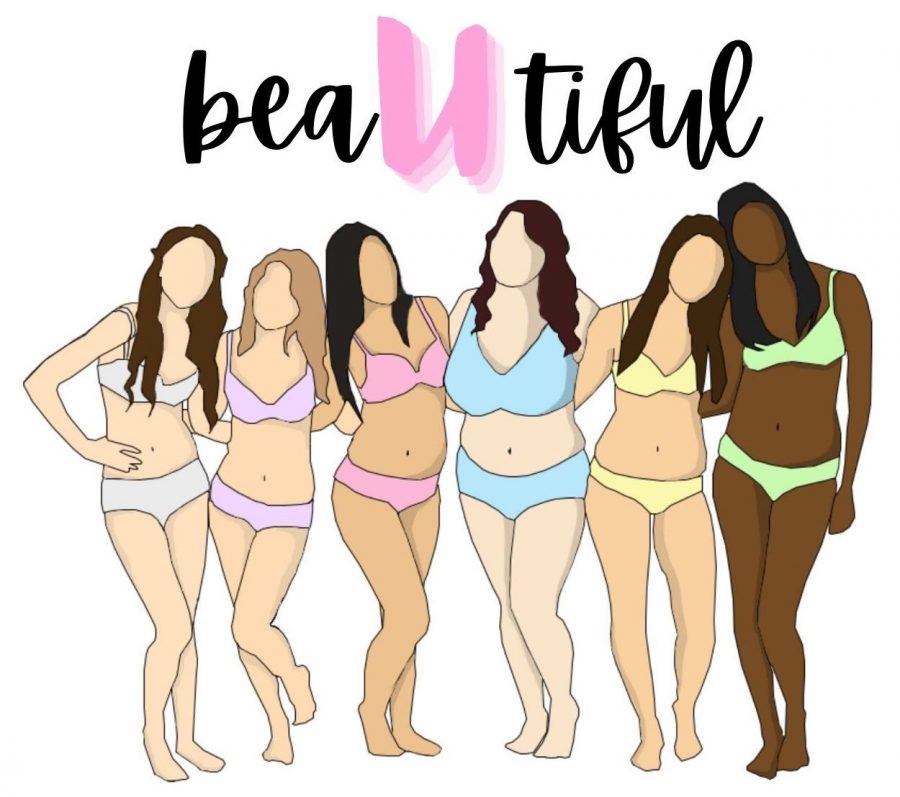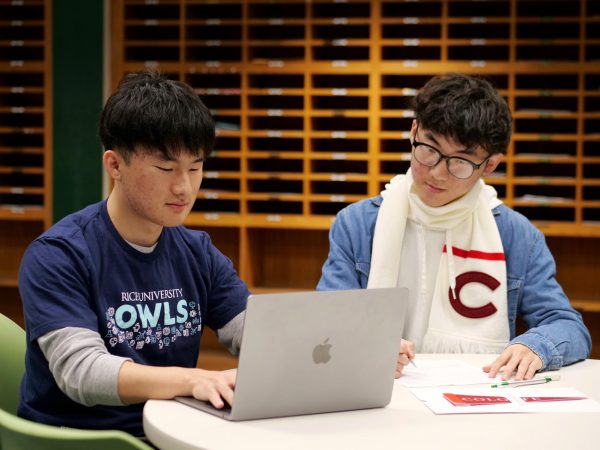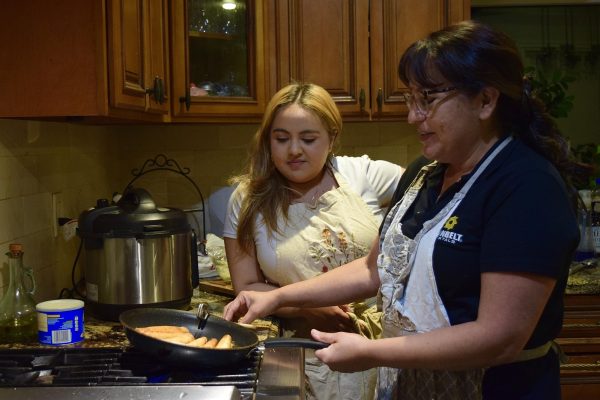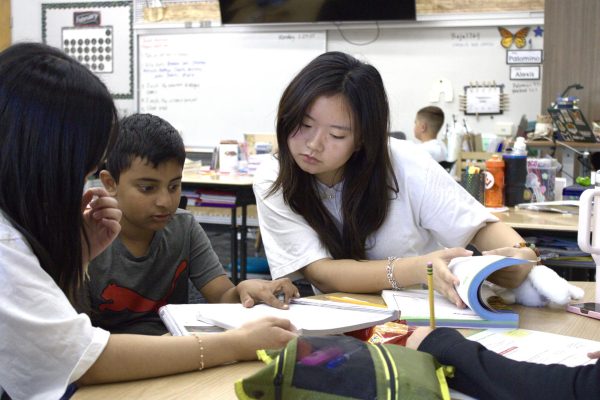Body Shaming Fueled by Social Media
Wildcat staff writer Rachel Lim recounts her experiences with body shaming, and examines social media’s harmful affect on teen body image
Instead embracing the traits that make us human, unique, and beautiful, many teens are adversely affected by social media’s definition of the “perfect body.”
Body shaming on social media has many victims. I know this because I am one of them.
I know, from personal experience, the damaging effects of body shaming — family members and friends’ parents have told me that I have to lose weight, and that I need to work out every day in order to do so.
Sometimes I skipped meals, thinking that eating less would help me achieve a certain body type. My health declined, my metabolism slowed down, and I had little energy to get through the day. I was torturing myself to look like the TikTok influencers and Instagram celebrities who promote diets, pills, and workout plans, to “teach” their audience how to become “skinnier.”
One account I used to follow on Instagram posted a picture of food and titled it “How to eat less” to “help” us achieve a “perfect body.” Posts like this, and countless others on social media, can make teens insecure and perceive their bodies differently.
According to Phys Org, “Visual platforms deliver the tools that allow teens to earn approval for their appearance and compare themselves to others. For some, especially girls, what starts as a fun way to document and share experiences can turn into an obsession.” Diet pills, supplements, and “fitness” promotions ultimately get into the minds of vulnerable teenagers who think they need to lose weight in order to fit social media’s beauty standards.
Sometimes, posting about diets and workout plans can encourage others to become more fit and healthy, but more often than not, it promotes unrealistic expectations of how people should look.
Children are exposed to a high volume of social media and can be at risk for the development of distorted body image and eating. In fact, 53% of 13-year old American girls, and 78% of 17-year old American girls, are “unhappy with their bodies,” according to Park Nicollet Melrose Center. And 80% of 10-year olds are afraid of gaining weight.
Girls are ten times more likely than boys to develop eating disorders, and a survey on fifth through twelfth grade girls revealed that the majority were dissatisfied with their body shape. Two-thirds wanted to lose weight, even though less than a third were actually overweight, according to Family Education.
Videos titled “What I Eat In a Day To Be Skinny” contribute to eating disorders and influence teens to achieve bodies like social media influencers Oliva Ponton (1.9 million Instagram followers) and Charli D’Amelio (31 million followers), who are considered by many teens to have the “perfect” bodies.
When Tik Tok accounts post about the “ideal” body type, girls like me can believe that following these accounts will get them their “ideal” body type. I followed workouts and tried diets, and the end result was not the “ideal” body type that I had imagined. Not only did my metabolism slow down, but I was tired everyday and had fluctuations in my mood.
Another TikTok account encouraged followers to diet by only chewing gum and drinking only water, tea, and vinegar.
When I see these posts, I do believe that these diets will help me become skinny, but with dangerous results like dehydration, a slower metabolism, and muscle breakdown. I know all of this, yet sometimes I am so desperate to get the body I want that I really believe these extreme diets might work.
I’m not alone in feeling pressured by social media to achieve a certain look. Arianna Patel, sophomore, said, “It’s hard because all guys want is someone who looks like a TikTok or Instagram model, and it’s pressuring us to become a size 00. I already didn’t like my body, and for someone else to comment about it made me feel bad about myself. I was hurt.”
Every day, I scroll through TikTok finding videos of diets and people telling me to eat certain things or do specific exercises to get abs and the “dream body.” We all have this “ideal body type” we want, but the risks we are willing to take are hurting us more than helping us.
“Although I play sports, and am a pretty active person, I’ve never been super confident with myself,” Samantha Hernandez, sophomore, said. “I play basketball, and I occasionally workout, yet looking on social media, I think that I’m not good enough and say negative things to myself in the mirror, ‘You’re so fat, why are your thighs so big, stop eating so much.’”
Having a skinny, Instagram-model body does not equal “healthy,” either physically or mentally, and social media should not determine who, or influence what, we are.
Your donation supports the student journalists at Brea Olinda High School! The contribution will help us purchase equipment, upgrade technology, and cover our annual website hosting costs.
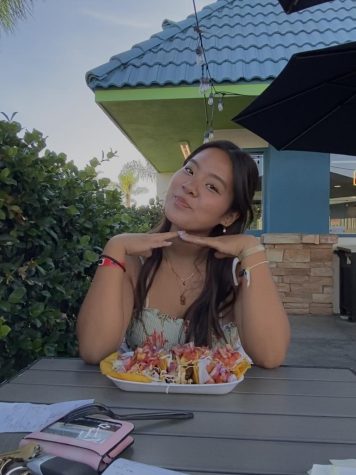
Rachel Lim, senior is excited for her third year on the Wildcat staff. For fun she loves to draw, play the guitar, and workout. In the future she hopes...
Charlize Chiang, senior, is a Photo Manager and Illustrator for the Wildcat and returns for her third year on staff. She competes for varsity tennis, and...



